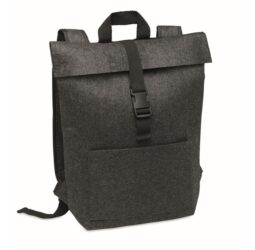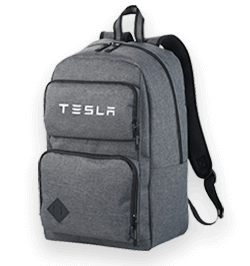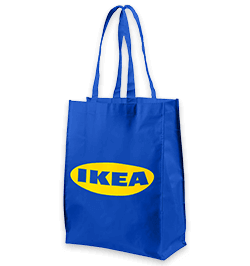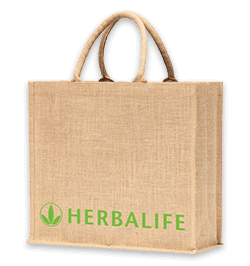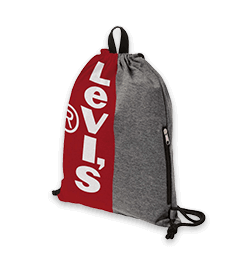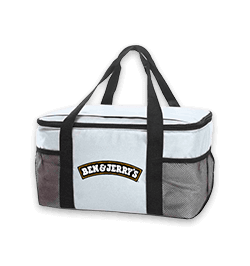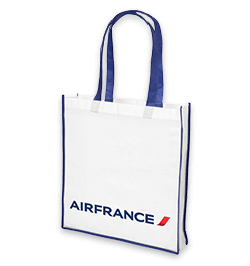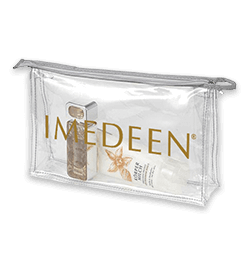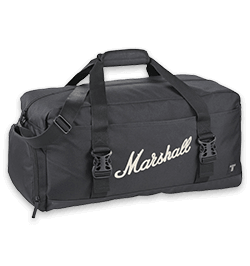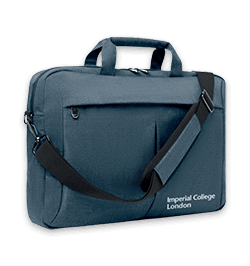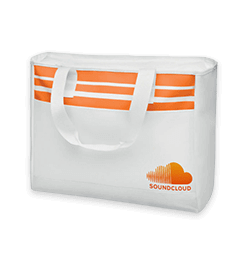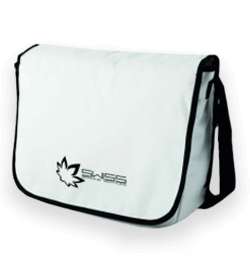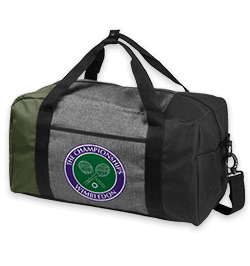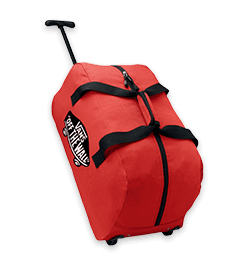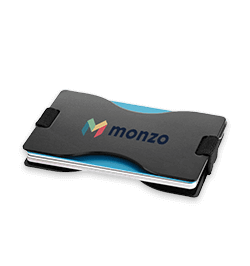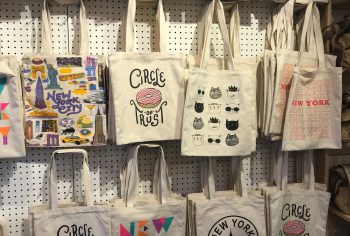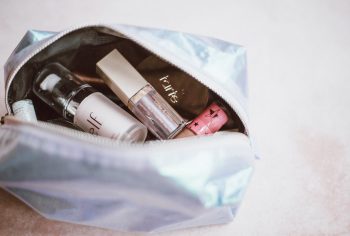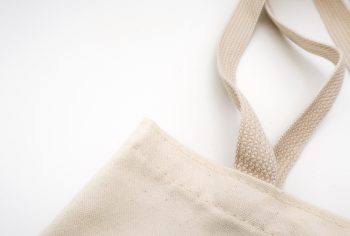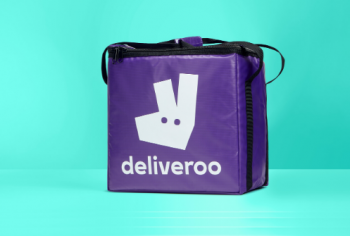Green Glossary: Your Guide to Eco-Friendly Bags
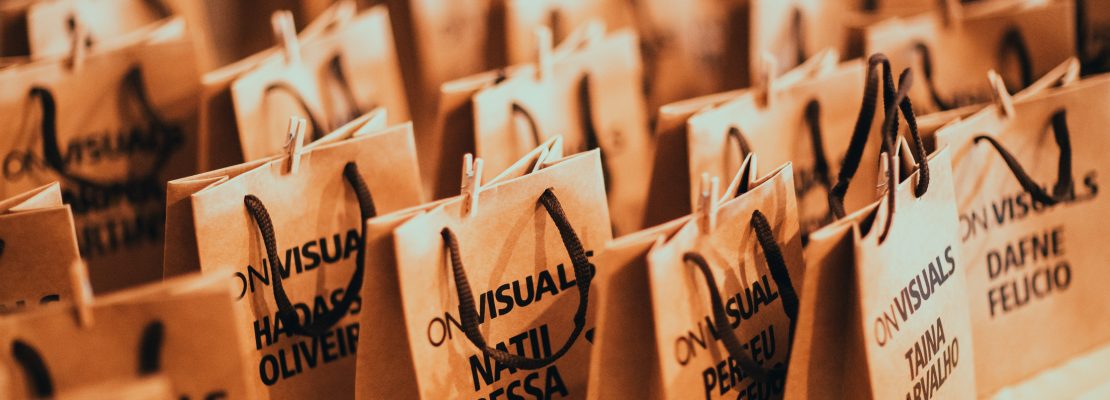
Both brands and consumers today are more conscious of environmental issues like plastic pollution, declining air quality and climate change. They’re looking to do their part, whether through more eco-conscious purchasing decisions or implementing “greener” practices into their supply chains. The desire to ‘go green’ is clearly gaining momentum. More and more consumers are looking to reduce their dependence on single-use plastic with items like reusable coffee cups, water bottles and durable bags for life. In fact, a recent study shows that more than half of consumers say environmental concerns impact their purchasing decisions.
Fortunately, for today’s brands, many of your most popular merchandise options can be created in a more earth-friendly way. However, it’s not always easy being green. The world of eco-friendly products can be difficult to navigate, and there’s many different aspects to consider – from materials and processes to distribution and packaging. With so many choices, it can be hard to work out the best option for your needs.
To start, there’s understanding what exactly “eco-friendly” means. The term “eco-friendly” can be used to describe a wide-range of products, materials and processes. If you’re looking to make the shift toward more earth-friendly custom bags, we’ve compiled some of the most commonly used eco-friendly terminology to help you work out the best option for your brand.
Understanding Eco-Friendly Terminology
Not quite sure what makes a badge “recyclable”? Or are you finding it hard to work out the difference between biodegradable and compostable? Below, we shed some light on the most commonly used eco-friendly terms.
Biodegradable
When a product is labeled as biodegradable, it means that it can be 100% decomposed into natural materials. This is positive for the planet, as it avoids pollution and harm on the environment. Fortunately, many bags today can be made from biodegradable materials, such as canvas made from biodegradable cotton fibres.
One popular option is this Evie shopper expertly designed using organic bamboo fibre cotton. It’s a modern and eco-friendly take on a classic shopper tote offering a durable, earth-friendly alternative to single-use plastics.
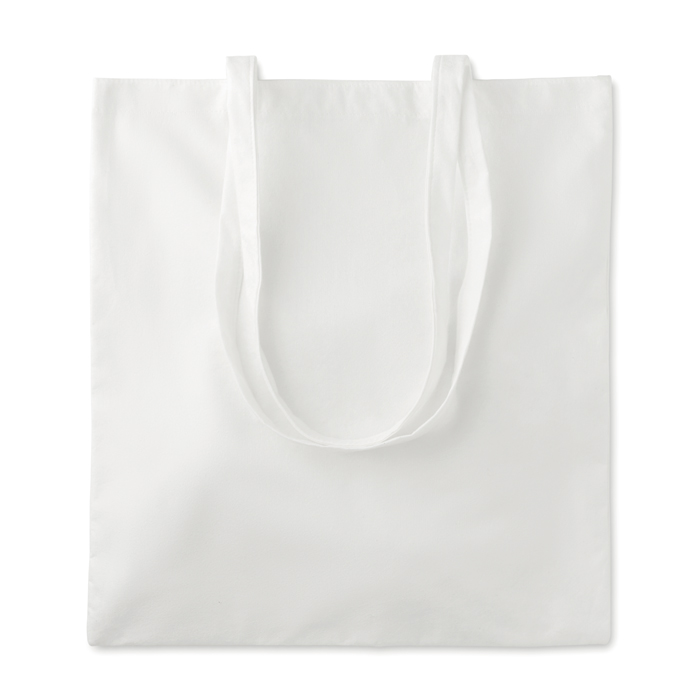
Recycled
Recycled products are those that are made using materials from another source, effectively giving a product a second life and reducing waste in the process. Today, there’s plenty of options for recycled bag materials, including bags made from recycled cotton, plastic and paper. One example is this Recycled Paper Carrier Bag, which is made from recycled paper and a perfect earth-friendly option for giveaways!
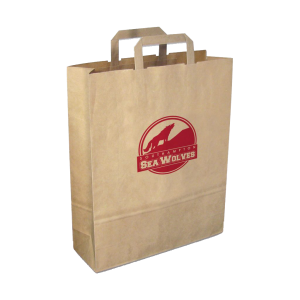
Recyclable
Recyclable products differ from recycled products in that they can be collected and made into new products at their end of life, creating a recycled product. One thing to keep in mind is that recyclable products do not necessarily contain recycled materials. It’s tricky, we know!
A great example of a recyclable bag is this colour-contrasted large shopping tote made from white non-woven polypropylene (PP), a lightweight, sturdy material that’s 100% recyclable.
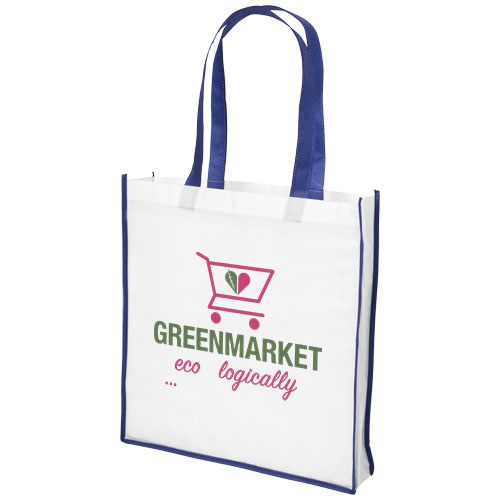
Compostable
Compostable materials can be disintegrated into natural elements in a compost environment, leaving no toxicity in the soil. An example you’re probably familiar with is Co-op stores’ compostable carrier bags. In 2018, the supermarket moved to replace single-use plastic bags in more than half of its stores with compostable bags that can be used in food waste collections. It’s a fantastic idea that has the ability to greatly impact the environment and reduce plastic pollution!
When planning your next promotion, consider opting for a bag made from a bio-based alternative to conventional plastics. Take for example, this PLA Shopping Bag, which is made from corn and fermented plant starch.
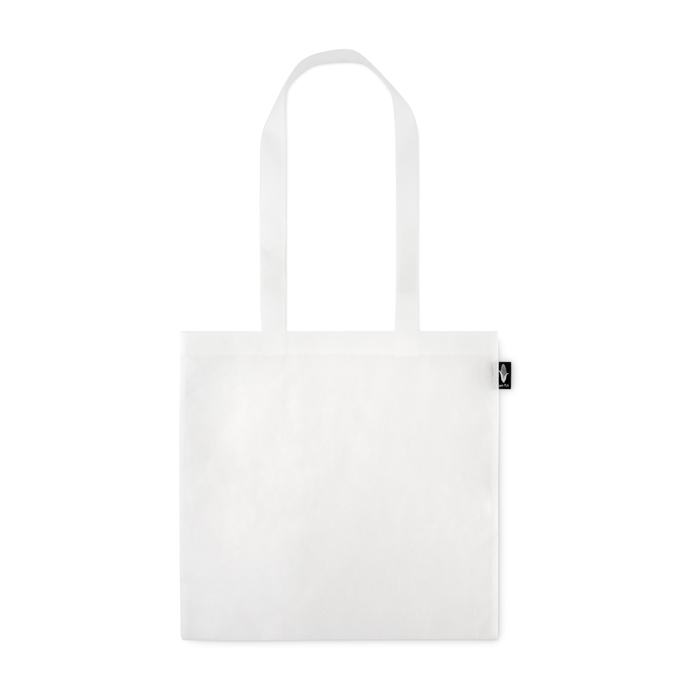
Sustainable
The term “sustainable” means that the product, material or process doesn’t harm the environment or deplete natural resources. One of the most sustainable materials for branded bags is jute. This natural-coloured material comes from vegetable fibres that are spun into coarse, long threads. It’s made from various plants in the genus Corchorus, which are easy to grow and require little water.
We offer a wide-range of Jute bags to meet the specific needs of your eco-friendly campaign. For example, consider this Mumbay Tote, made from jute and featuring a large main compartment and front pocket with ample branding space.
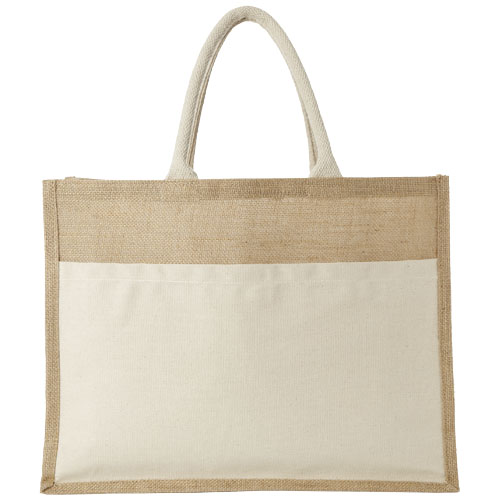
Organic
Organic materials are those that are grown organically – or without the use of synthetic chemicals, such as fertiliser and pesticides that can be harmful to the environment. The use of herbicides, pesticides and other chemically-enhanced agricultural elements can contribute to soil erosion, water containment and a lack of biodiversity.
When it comes to bag materials, organic cotton is a popular choice. Brands tend to love our Jane Bag, a stylish, single tone shopping bag available in a range of colours and made from organic cotton.
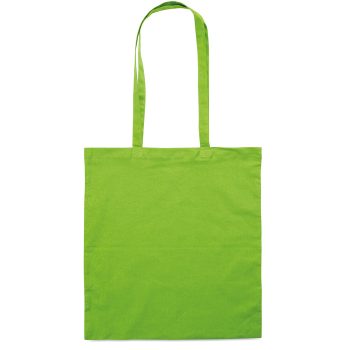
From plant-based materials to recyclable plastics, there are plenty of ways to create your custom bag in a more eco-friendly way. We hope this ‘green glossary’ gives you some ideas for your next campaign! For a more in-depth look at eco-friendly terminology, check out our Guide to Eco-Friendly Terminology or get in touch with our team to discuss how to promote your brand, whilst helping to protect the planet.

